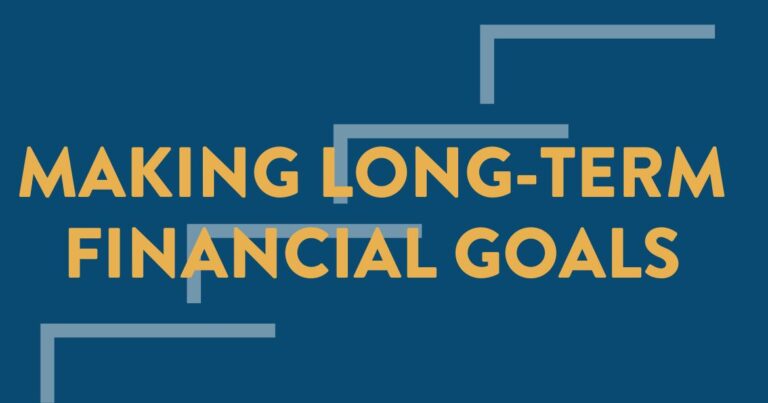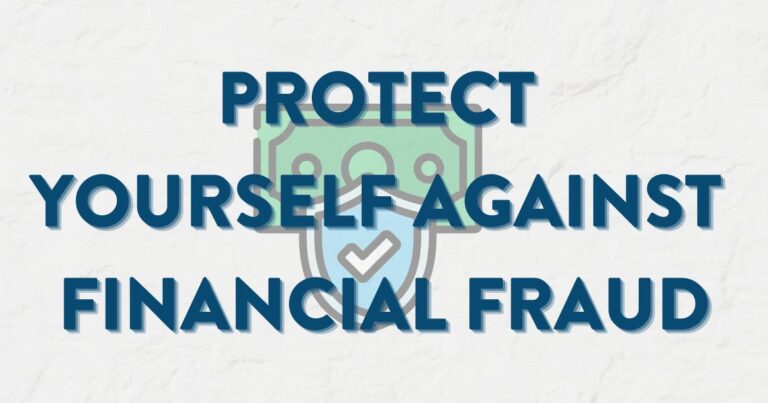What’s your greatest fear?
We find that education alleviates most fears. Let’s take a look at some examples:
- Haunted houses – If someone is in front of you and you see them scream and jump, then you know that something is about to happen. It’s not so bad then. Being educated about what is coming helps you to not be afraid.
- Public speaking – If you are educated about how to present and how to overcome a negative mindset, you won’t fear public speaking as much, maybe not at all.
- Dark – If you understand that darkness can never defeat light, that light wins every time, you can overcome this fear by having light available.
- Spiders – Yeah, I don’t have an answer on this one! If you have the answer, please let me know.
- Retirement – This one is easier than the fear of spiders because it truly does go back to being able to defeat fear through education. What do you fear about retirement?
- Investment Allocation – How do you know which investments to use?
- Balances – How do you know how much money you need to retire?
- Longevity – How do you know that your money will last as long as you do?
Investment Allocation
The question of knowing which investments to use starts well before retirement. For most people, it starts when they first start investing in their company retirement plan. Regardless of when it starts, it can be a little confusing.
- Large-cap
- Mid-cap
- Small-cap
- Growth
- Value
- Bonds
- International
- Alternative investments
There may be a time and place for each of these in your investment lifetime, but how do you know what to use and when? It’s important to work with an advisor over the course of your investment lifetime so they can help guide you with your allocations as circumstances shift.
Frankly, you may have looked at this list and thought to yourself I don’t even know what they all mean. That’s okay! Let me let you in on a secret: most people don’t know. That’s why Dave Ramsey encourages people to work with an advisor with the heart of a teacher. It’s all about education.
Balances
When is enough really enough? The key here is to understand that it’s not really about how much money you have in a lump sum. It’s about whether your income needs are met or not.
As an example, if you and your spouse have no debt, two Social Security checks, and two good pensions, it is highly likely that you don’t need a lot in terms of a lump sum to be invested for retirement. However, if you are lacking in terms of pension and/or Social Security income, you will need assets to create an income stream for you.
The short explanation is that the outcome you’re looking for is income. The true question is two-fold:
- Do you know how much income you need after taxes in retirement
- Do you know if you have that income need covered?
Working with an advisor can help you determine if your income needs are going to be met and, beyond that, how you can meet them. This will directly link back to how you allocate your investments during retirement; allocation is a critical portion of retirement income planning.
Longevity
One of the greatest fears that people have about retirement is outliving their money. There are lots of points to understand and consider here, and it truly is a danger for which you need to be prepared.
- Do you know when the next bear market will be, how bad it will be, how long it will last, or how it will impact your retirement?
- How can you be prepared to make your money last, regardless of what the market gives you?
If you don’t have a solid idea, you can click here to download our free Retirement Balance Sheet.
Your advisor can work with you to help you determine if you need guaranteed income for life, as that often depends on multiple circumstances. However, even if you don’t need a guaranteed income stream, you will want to invest in such a way that you have a high probability of not outliving your money. This ties in strongly with the balance that you actually need to have for retirement and the allocation of your investments. They are both critical elements in helping create the income you need.
Whatever your retirement fear may be, education is the antidote. And if you need help along the way, the GenWealth team is here for you.
The opinions voiced in this material are for general information only and are not intended to provide specific advice or recommendations for any individual.




